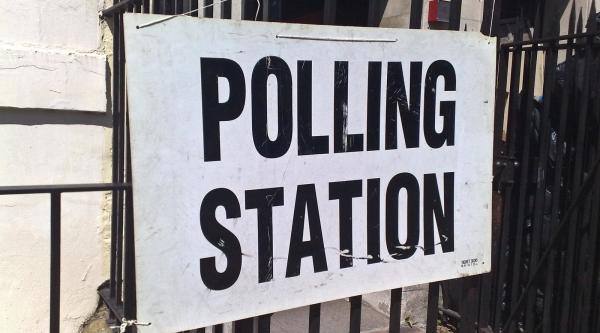Holidays and dementia – financial help and legal protection
When planning a holiday for a person who has dementia, it's worth considering what financial support is available. It can also be helpful to know about the laws that protect the rights of people with dementia in the UK.
Holidays and travelling
- Holidays and dementia – things to consider
- Accessible types of holiday for people with dementia
- Preparing and packing for a holiday when someone has dementia
- Transport and travelling tips when someone has dementia
- Holidays and dementia – tips for during and after the holiday
- You are here: Holidays and dementia – financial help and legal protection
Financial assistance for holidays
If you are caring for someone with dementia and you are having difficulty finding the money for a holiday, a charity may be able to help:
- The Turn2us website has a free grants search tool that lets you look for grants based on your circumstances and needs.
- The Disability Grants website lists the grants that are available by category, so you can search for grants specifically for holidays.
Some travel operators offer discounts or passes for people with disabilities and people over a certain age.
Tourist sites may also offer free or discounted tickets if you accompany someone as their carer. It’s worth contacting them beforehand to see what they can offer.
If you would like to know more about funding for respite care, contact your local authority social services department. Respite care will be different depending on if you live in England, Wales or Northern Ireland.
Legal protection for people affected by dementia
There are laws in the UK that protect the rights of people who have disabilities. It can be helpful to know about these when taking a holiday.
Dementia is classed as a disability for the purposes of these laws, even though many people with dementia would not see themselves as disabled.
Businesses have to make reasonable adjustments for disabled people
Under the Equality Act 2010 in England and Wales, and the Disability Discrimination Act 1995 in Northern Ireland, most UK businesses have to make ‘reasonable adjustments’ to make their services accessible to disabled people. This includes:
- travel agents
- train or coach companies
- hotels.
What counts as 'reasonable adjustments'?
What is considered ‘reasonable’ will depend on the situation. Examples of ‘reasonable adjustments’ include:
- removing steps from entrances
- helping someone get off a train at the correct station
- waiting with the person until others arrive.
Asking for reasonable adjustments
Most travel companies will try to meet the needs of their passengers with disabilities.
It is always worth contacting the companies before you travel. Make a list of your specific requirements and ask how they can help you with each of them.
Businesses can't treat a disabled person less favourably than people without a disability
These laws also state that service providers are not allowed to treat a disabled person less favourably than someone without a disability.
Where do these laws apply?
These laws only cover the UK, which means that only services within the UK have to follow them. For this reason, there can be less protection on ships and airplanes.
However, there are laws in the European Union and elsewhere that may offer similar protection.
What if these laws aren't followed?
If you are having problems accessing services, or you are being treated unfairly, you should speak to the company directly.
If the problem is not resolved, consider putting in a complaint about the treatment that you have received. You can get help about your rights from the Equality Advisory and Support Service (in England and Wales) and the Equality Commission for Northern Ireland.
If you want to get travel insurance and an insurance company refuses to insure the person or quotes a higher premium because the person has dementia, that company needs to make a reasonable risk assessment. You can ask them to explain their decision. If they don’t, you can make a complaint to them or to the Financial Ombudsman.
Organisations that can help
We've listed the contact details of several useful organisations that can support you if you need to complain.








